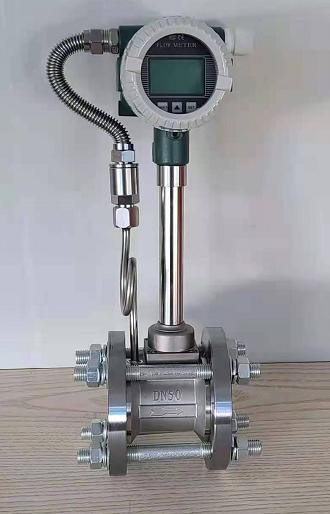Developing a High-Precision Conductive Material Resistivity Measurement Device for Accurate Testing
Understanding Conductor Resistivity Testers
Conductor resistivity testers are essential tools in various fields such as electrical engineering, material science, and manufacturing. These devices measure the resistivity of conductive materials, which is critical for ensuring the efficiency and reliability of electrical components.
What is Resistivity?
Resistivity is a fundamental property of materials that quantifies how strongly they resist the flow of electric current. It is defined as the resistance of a unit cube of material and is usually expressed in ohm-meters (Ω·m). The resistivity of a material is influenced by several factors, including temperature, material composition, and structural impurities. For conductors like copper and aluminum, low resistivity is desirable, indicating that they can easily allow electric current to flow through them.
Importance of Measuring Resistivity
Measuring the resistivity of conductors is crucial for several reasons
1. Quality Control In manufacturing processes, ensuring that materials meet specific resistivity standards is essential for quality assurance. High resistivity can indicate impurities or defects in the material, which could compromise performance in applications like electrical wiring and circuitry.
2. Design Specifications Engineers often use resistivity measurements to select appropriate materials for specific applications. For instance, power cables require materials with low resistivity to minimize energy loss, while resistors need materials with higher resistivity to effectively limit current flow.
3. Performance Evaluation The performance of electrical components, such as motors and transformers, is directly related to the resistivity of the materials used. Regular testing helps identify potential issues before they lead to failures.
Types of Conductors and Their Resistivity
Different conductive materials have distinct resistivity values. For example
conductor resistivity tester

- Copper Approximately 1.68 × 10⁻⁸ Ω·m, making it one of the most conductive materials available. - Aluminum Around 2.82 × 10⁻⁸ Ω·m, often used in applications where weight is a concern, such as overhead power lines. - Gold While its high cost limits its practical applications, gold has a low resistivity (approximately 2.44 × 10⁻⁸ Ω·m) and is often used in high-reliability settings, such as connectors in electronic devices.
How Conductor Resistivity Testers Work
Conductor resistivity testers operate based on Ohm's law, which states that voltage (V) is equal to the current (I) multiplied by resistance (R). To determine resistivity, the tester applies a known voltage to the conductor and measures the resulting current. Using the formula
\[ \rho = \frac{R \cdot A}{L} \]
Where - \( \rho \) = resistivity, - \( R \) = resistance, - \( A \) = cross-sectional area of the conductor, - \( L \) = length of the conductor.
Many modern testers utilize four-terminal measurements, eliminating the effect of lead and contact resistance and providing more accurate results.
Applications of Conductor Resistivity Testers
These testers are used in diverse applications
1. Electrical Testing In the field of electrical engineering, they help assess the integrity of cables and connectors in various systems. 2. Research and Development Material scientists use resistivity measurements to develop new alloys and compounds with desired electrical properties. 3. Aerospace and Automotive Ensuring that the materials used in these high-stakes fields meet performance specifications is critical for safety and efficiency.
Conclusion
Conductor resistivity testers play a vital role in evaluating and ensuring the performance of conductive materials across various applications. By understanding and measuring resistivity, engineers and scientists can make informed decisions about material selection, enhance product quality, and prevent potential electrical failures. As technology advances, the accuracy and capabilities of these testers continue to improve, supporting innovations in numerous industries.
-
High-Precision Digital Profile Projector for Advanced Measurement
NewsApr.10,2025
-
High-Precision Tensile Testing Machine for Reliable Material Strength Analysis
NewsApr.10,2025
-
High-Precision Resistance Tester for Accurate Electrical Measurements
NewsApr.10,2025
-
Enhance Accuracy with a High-Precision Resistance Measurement Fixture
NewsApr.10,2025
-
Advanced Cable Crosslinking Equipment for High-Performance Cable Manufacturing
NewsApr.10,2025
-
Advanced Cable Combustion Testing Machine for Reliable Fire Safety Assessment
NewsApr.10,2025
 Copyright © 2025 Hebei Fangyuan Instrument & Equipment Co.,Ltd. All Rights Reserved. Sitemap | Privacy Policy
Copyright © 2025 Hebei Fangyuan Instrument & Equipment Co.,Ltd. All Rights Reserved. Sitemap | Privacy Policy
